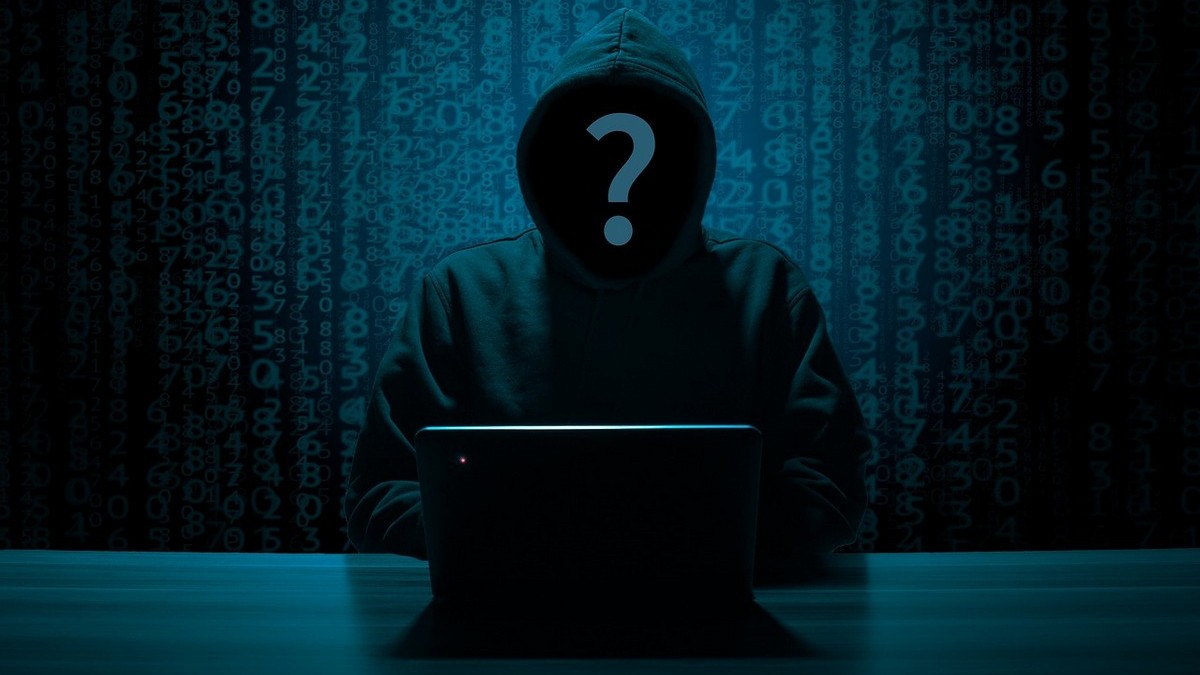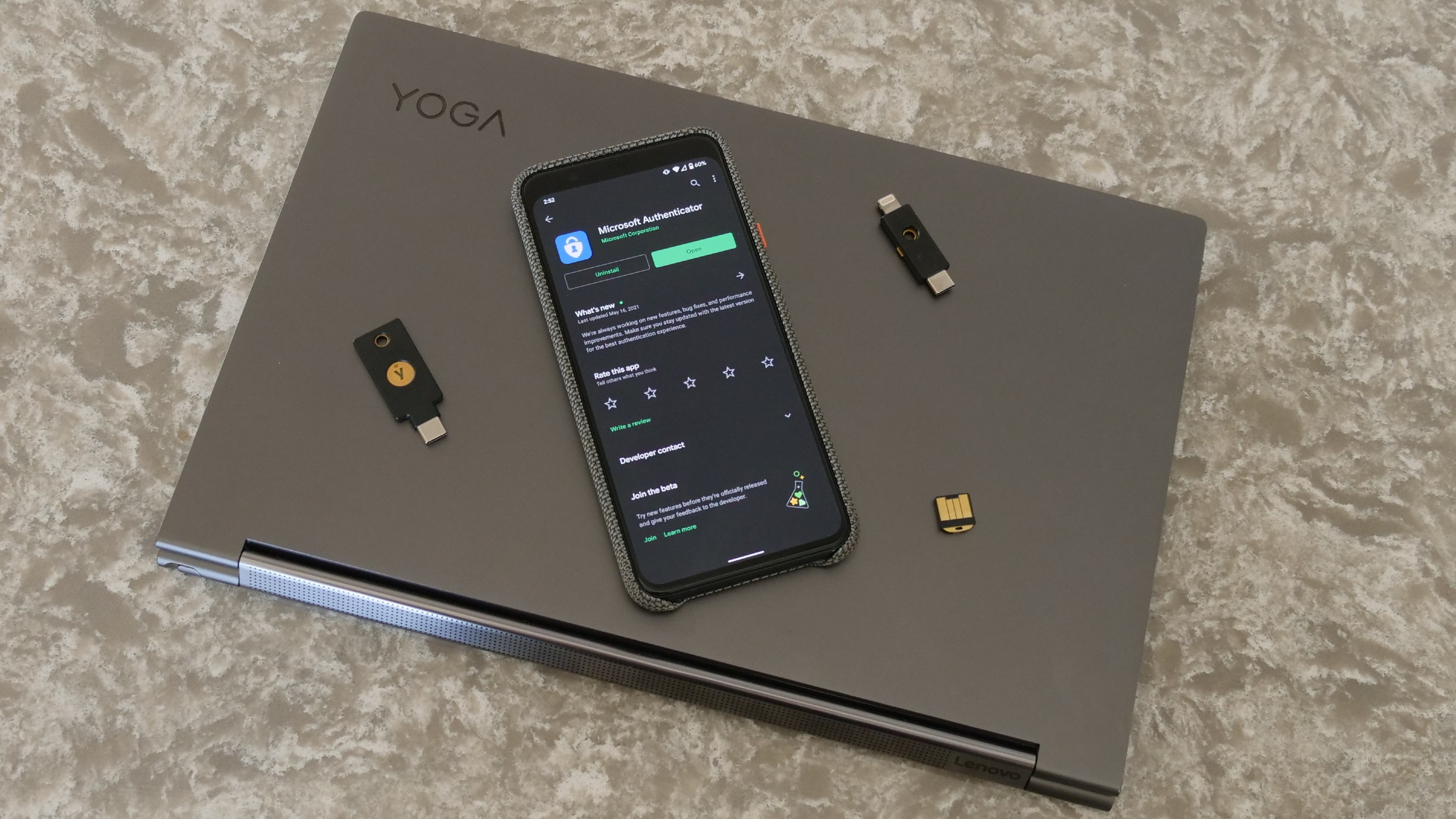PSA: Replay attacks allow hackers to eavesdrop on you — how to prevent them
A simple cyberattack method that can trick secure systems without you even knowing

Sign up to receive The Snapshot, a free special dispatch from Laptop Mag, in your inbox.
You are now subscribed
Your newsletter sign-up was successful
From spam messages harboring nasty phishing attempts to advanced malware that holds vital information hostage, hackers will use just about anything to infiltrate your system, steal valuable data, and effectively put a real downer on an otherwise bright, sunshiny day — as Johnny Nash’s “I Can See Clearly Now” would put it.
As we hear about increased web security procedures in Apple’s Privacy Platform offers or Google’s “world’s most advanced security,” along with the many password managers and antivirus apps that protect us from prying eyes, threat actors keep up by expanding their repertoire of malicious tools. Sometimes, however, simplicity is the metaphorical (and virtual) key — that’s where replay attacks come in.
Replay attacks are as simple as it gets, leaving otherwise fortified users dumbstruck by lost private data or essential financial information. Don’t be caught off guard— find out how to protect yourself from a replay attack.
What is a replay attack?
A replay attack is when a threat actor intercepts a data transmission, such as a web request, and replays the data packet sent to a server to disguise themselves as the original sender. From there, the threat actor will receive a response from the server, allowing them to interact or gain access. It’s that easy.
Replay attacks bring the same energy as the famous life-like masks that Tom Cruise’s Ethan Hunt tears off in Mission Impossible, although it’s more like Clark Kent fooling the world by putting on spectacles. As an example, let’s say Lois Lane sends a login request to access her work at the Daily Planet. Up to no good, Lex Luthor intercepts her login request and replays the data sent. Lois and the Daily Planet aren’t aware this is happening, as Lex is using a replayed version of the login request. From there, Lex can log in to the Daily Planet disguised as Lois — X-ray vision won’t help here, Superman.
As ExpressVPN explains, the act of eavesdropping is known as “packet sniffing,” where hackers look for web requests and replay session IDs, which is data that identifies a user, login credentials, and passwords. More importantly, a replay attack can bypass a password “hash”; a form of encryption that scrambles with a key only known to a specific website. How so? Since the cyberattack replays a transmission sent, the hacker is using what is known to be a legitimate form of access. Even when “salted”, which adds another layer of security by adding a random, unreadable string of characters known to a site to each password, a replay attack can slip by if the procedure isn’t implemented correctly.
Given that replay attacks can access secure accounts and pretend to be you, they can also fool financial companies into sending money to a hacker’s account, as it’s already tricked them into believing it's you. It’s a nasty method, but one that can be easily prevented.
How to prevent a replay attack
As simple as replay attacks are to use by the everyday hacker, so are the methods to prevent them from happening in the first place. In other words, an Ethan Hunt-esque face reveal won’t be fooling you anytime soon.
One of the best methods is to set up a one-time password, which can be done by setting up two-factor authentication (2FA). This is a required security measure in many companies these days, and Google is already auto-enrolling millions of users to use it every time they want to enter their accounts. The tactic is in the name: since a website will send you a time-limited and random code to punch in, hackers can’t successfully pull off a replay attack as they aren't sent the code. They can’t use the same code either, seeing as the password can only be used once by you.
Another way includes using a virtual private network (VPN), as it stops hackers from eavesdropping altogether. Connecting to a VPN server, which acts as a proxy when you’re accessing websites, hides your activity by using a VPN server’s IP address and location instead, so threat actors can’t track you in the first place. What’s more, a VPN server’s IP address changes regularly, making it virtually impossible to track where a data transmission is coming from.
As NordVPN points out, users can also add timestamps to transmissions. This means requests can only be accepted for a certain amount of time, and any request sent later, which is usually when a replay attack does its work, will be ignored. That’s a good slap in the face for any threat actors attempting to trick the system. Replay attacks can often happen when users are logged into a public Wi-Fi hotspot, meaning at airports, cafes, or anywhere that offers free Wi-Fi. A VPN can help prevent this, but you can also stay protected by only using websites that use an HTTPS protocol (just like https://www.laptopmag.com).
There you have it. While cybercriminals will always think of a way to break through systems, cybersecurity experts are never far behind with easy ways to stop them in their tracks. It’s better to be safe than sorry when it comes to your online security, especially with news waves of hacking tactics being created, so make sure to check out the best antivirus apps, best password managers, and best VPN services to stay safe online.
Sign up to receive The Snapshot, a free special dispatch from Laptop Mag, in your inbox.

Darragh Murphy is fascinated by all things bizarre, which usually leads to assorted coverage varying from washing machines designed for AirPods to the mischievous world of cyberattacks. Whether it's connecting Scar from The Lion King to two-factor authentication or turning his love for gadgets into a fabricated rap battle from 8 Mile, he believes there’s always a quirky spin to be made. With a Master’s degree in Magazine Journalism from The University of Sheffield, along with short stints at Kerrang! and Exposed Magazine, Darragh started his career writing about the tech industry at Time Out Dubai and ShortList Dubai, covering everything from the latest iPhone models and Huawei laptops to massive Esports events in the Middle East. Now, he can be found proudly diving into gaming, gadgets, and letting readers know the joys of docking stations for Laptop Mag.


